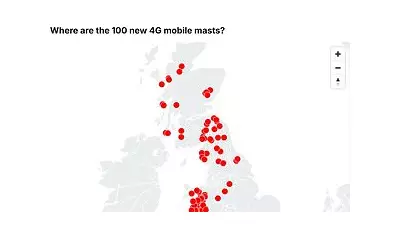
In a development that sounds more like science fiction than reality, scientists have created a form of digital mind-reading known as 'mind captioning'. This revolutionary technology uses non-invasive MRI scans to interpret what a person is viewing or even recalling, translating brain activity into remarkably accurate sentences.
How The Mind Captioning Technology Works
The breakthrough, detailed in a recent Science Advances paper and highlighted by Scientific American, involves analysing how the brain processes meaning. During trials, participants viewed short video clips while undergoing MRI scanning. A sophisticated two-stage AI system then converted the resulting neural patterns into descriptive language.
Alex Huth, a computational neuroscientist at the University of California, Berkeley, expressed surprise at the level of detail achieved. "This is hard to do. It's surprising you can get that much detail," he remarked. The computer's predictions were so precise that when one volunteer watched someone leaping from a waterfall, the AI progressed from basic word groupings to the accurate sentence: "a person jumps over a deep water fall on a mountain ridge."
Potential Benefits and Current Limitations
The implications for medical science are profound. This technology could potentially assist people with speech impairments, such as stroke survivors, enabling them to communicate more effectively. Remarkably, the system wasn't limited to real-time observation—when volunteers remembered previously viewed footage, it could generate corresponding descriptions from their recalled memories.
However, significant limitations remain. The current system requires:
- Active participant cooperation
- Substantial personal training data
- Large, expensive MRI scanner equipment
- No current ability to interpret spontaneous internal thoughts
Six participants took part in the initial trial, with researchers describing the accuracy as "surprising" for a non-invasive technique. This represents a substantial advancement beyond previous attempts that could only produce individual keywords rather than complete, contextually accurate descriptions.
The Ethical Dilemma of Thought Privacy
As the technology advances, serious ethical concerns are emerging about mental privacy and potential misuse. The capability to decode private thoughts, feelings, and medical information raises alarming possibilities for monitoring, coercion, and other sinister applications.
While the technology remains in its early stages, the ethical implications are already significant. Questions surrounding informed consent, data protection, and the potential for abuse will inevitably intensify as mind captioning systems become more sophisticated and accessible.





